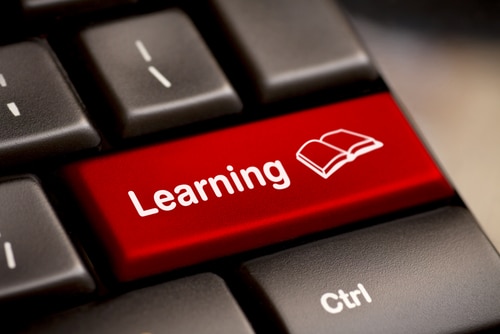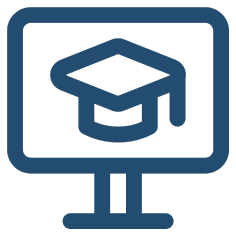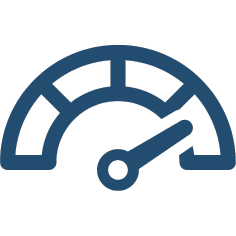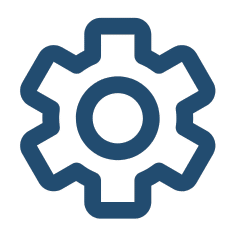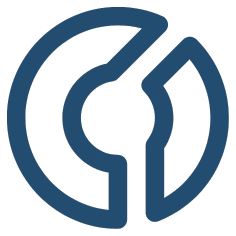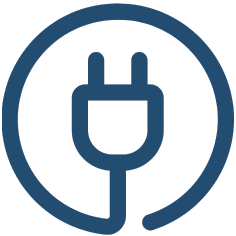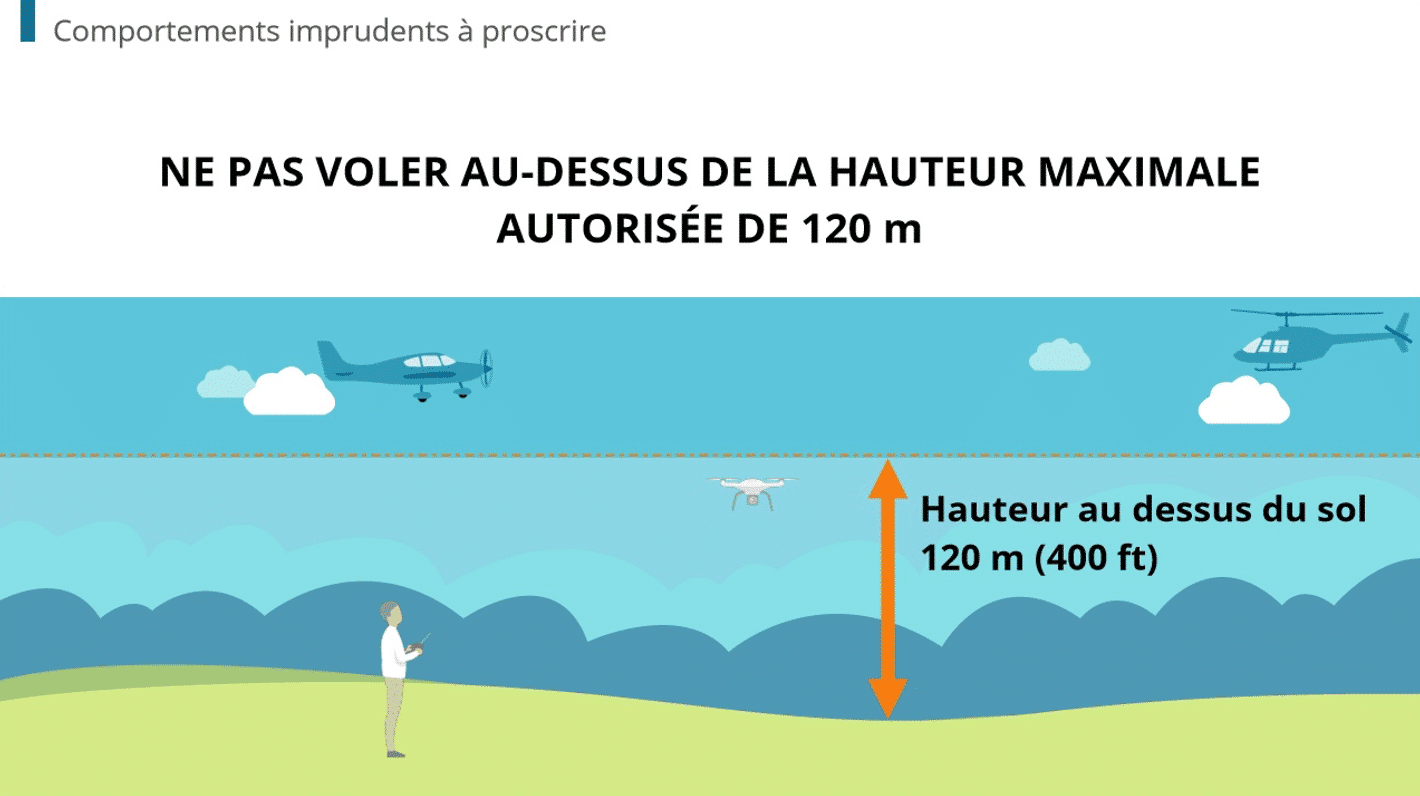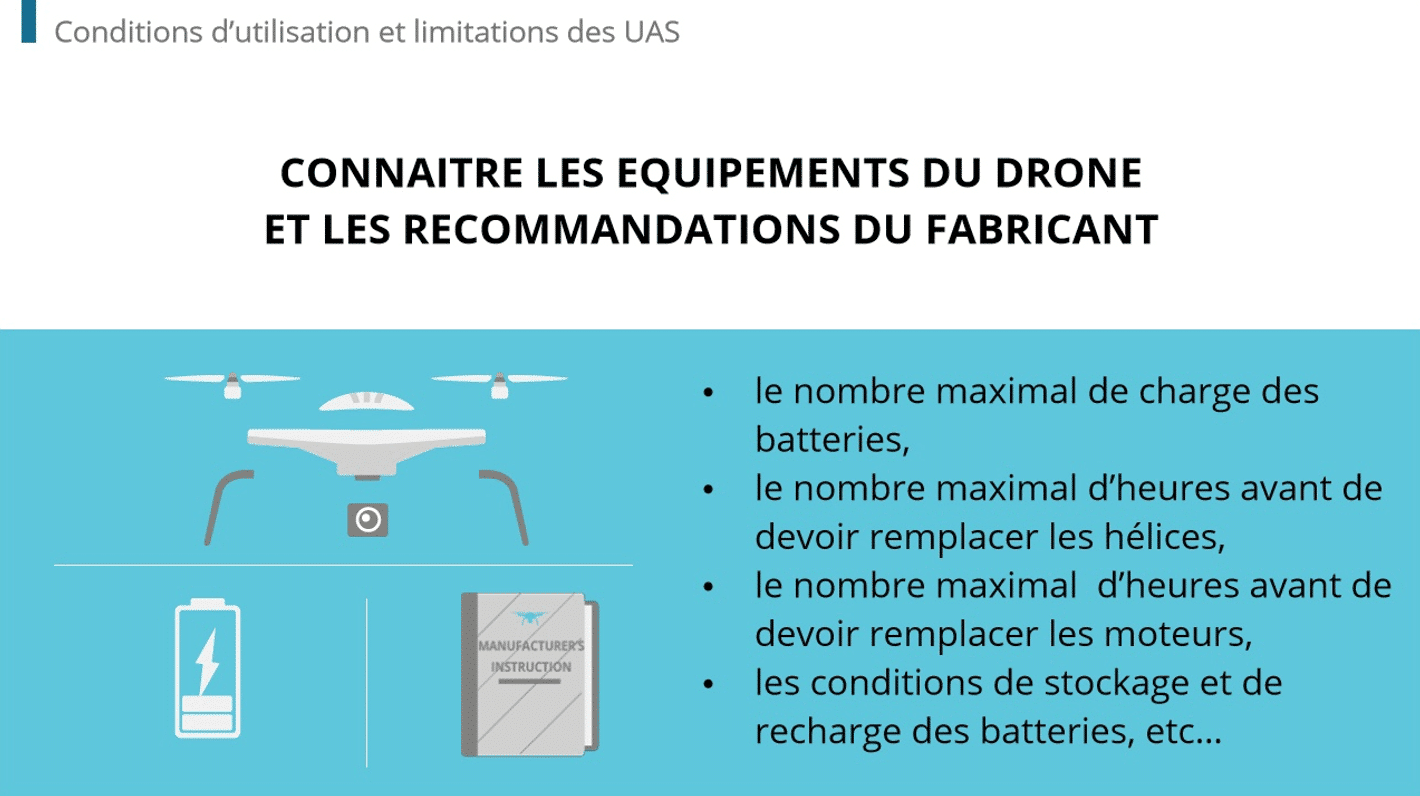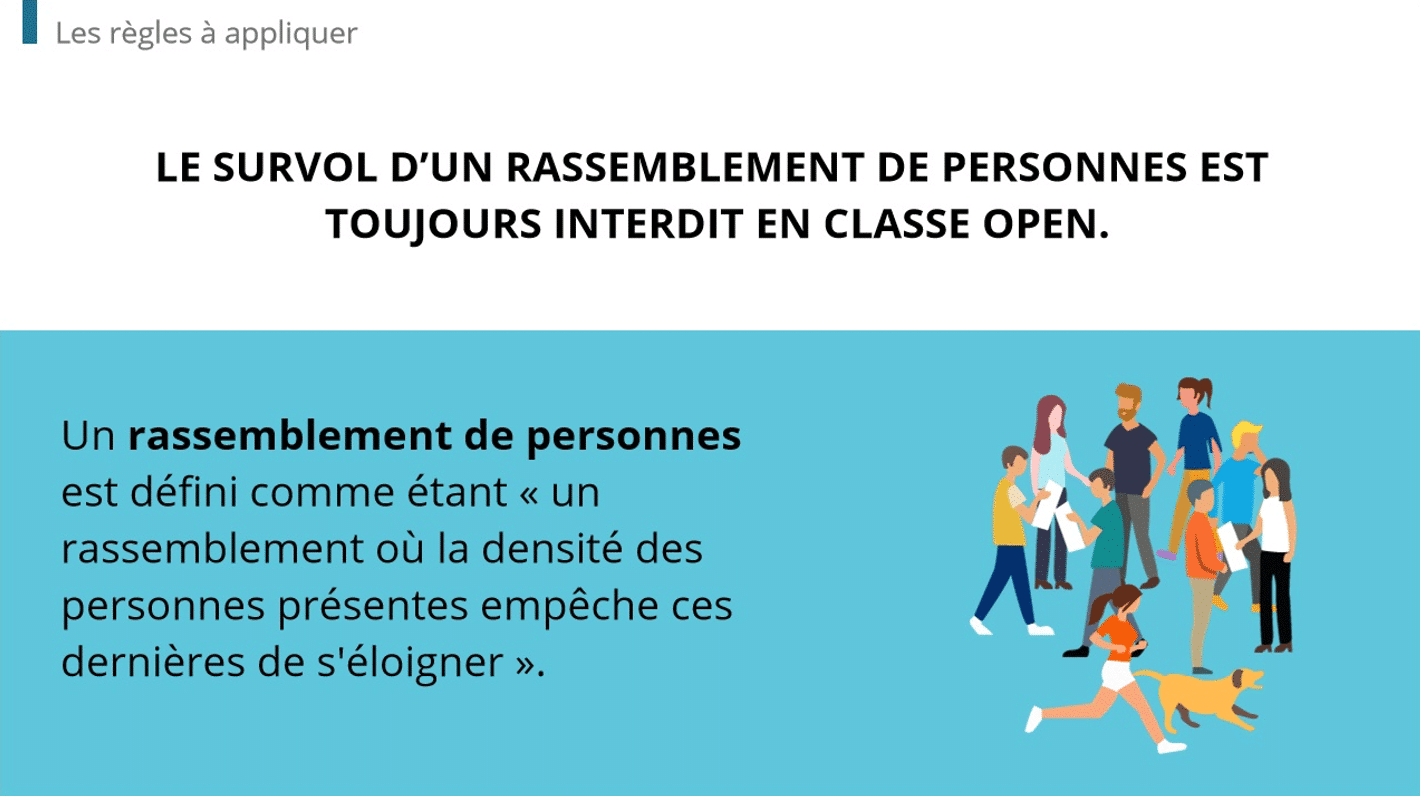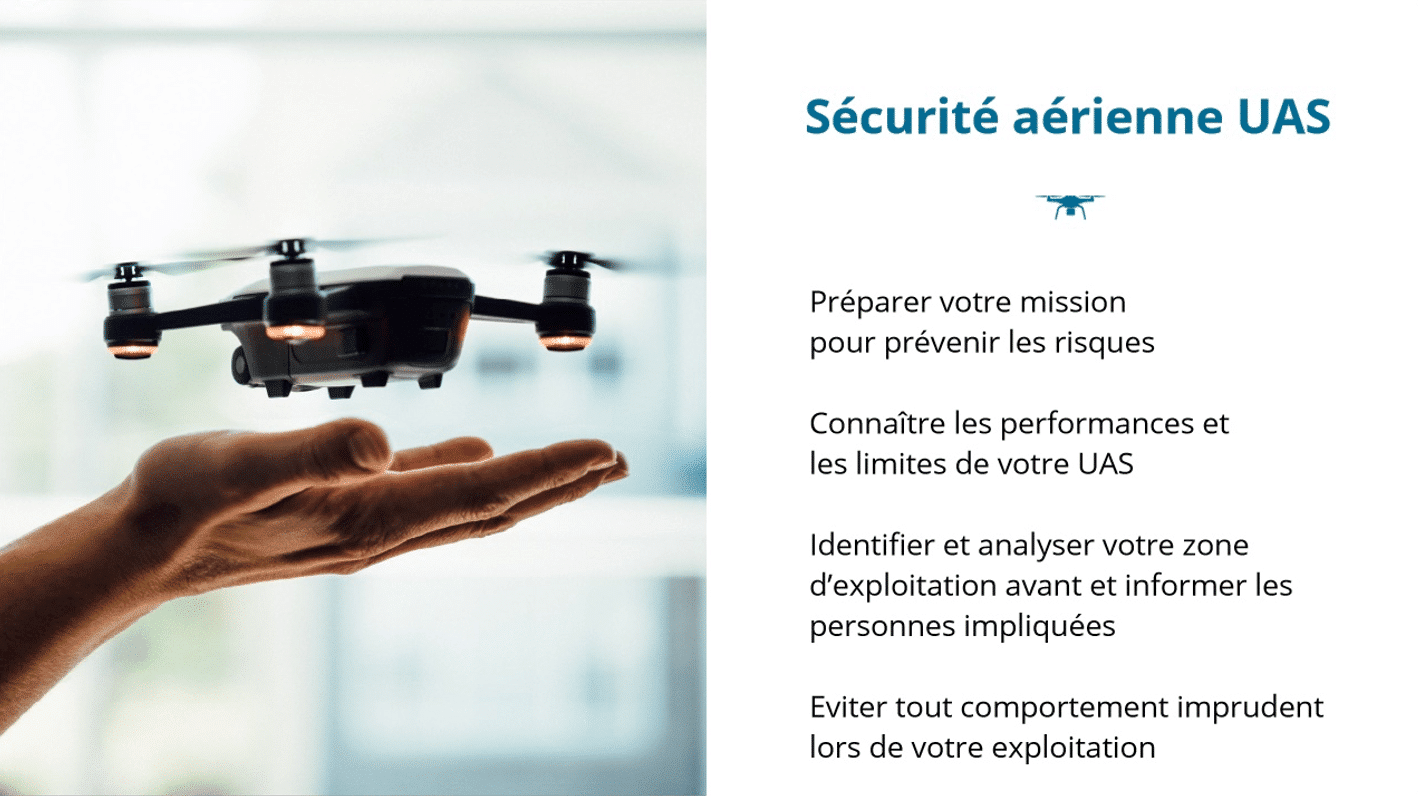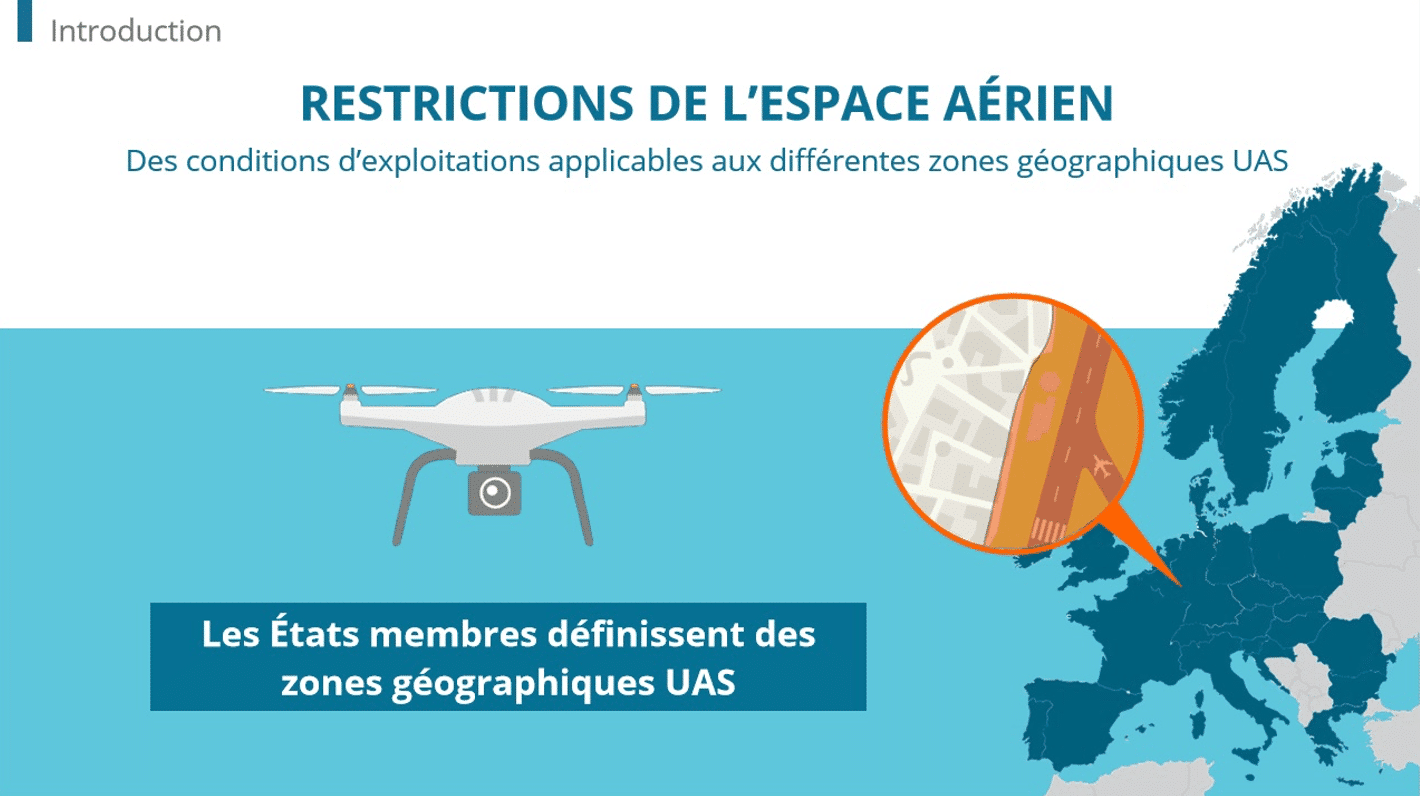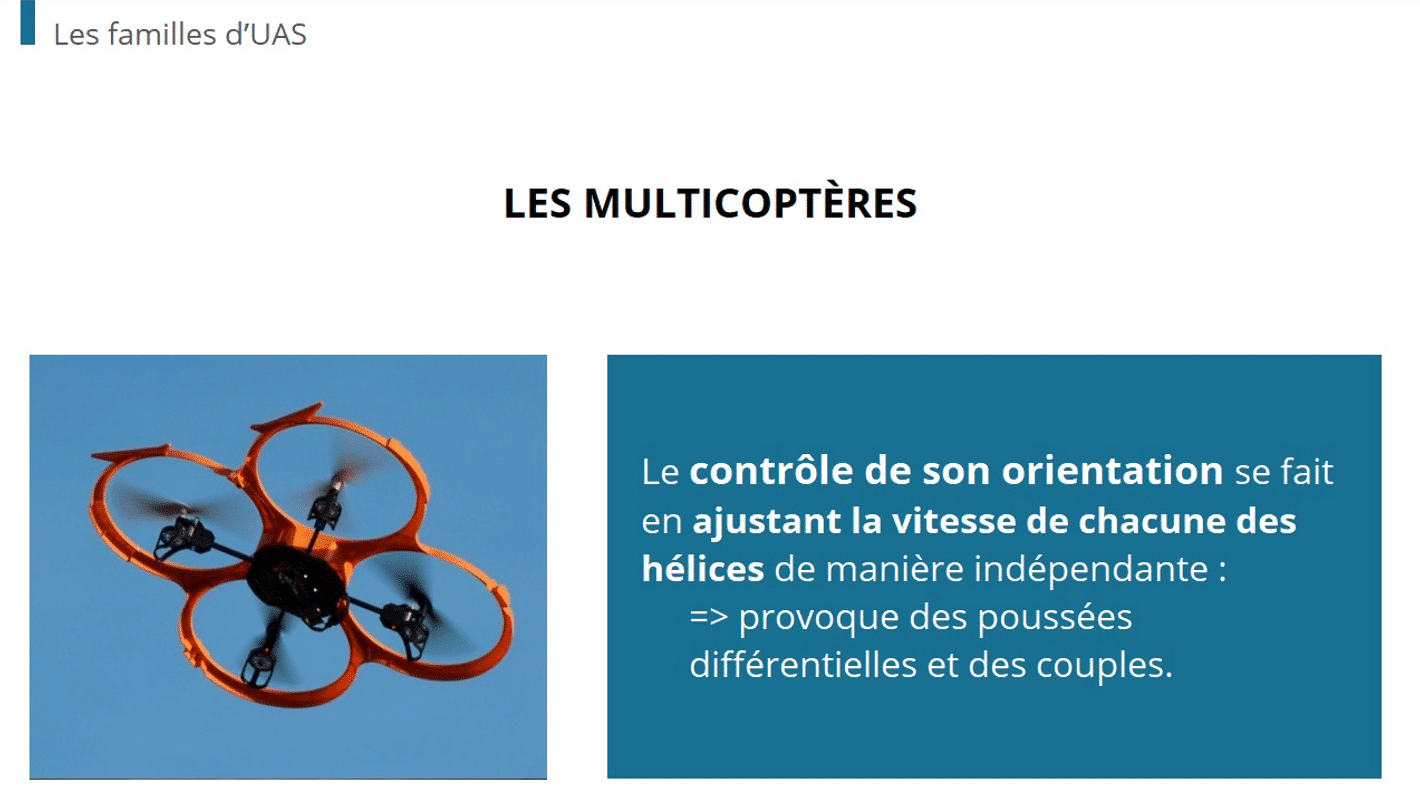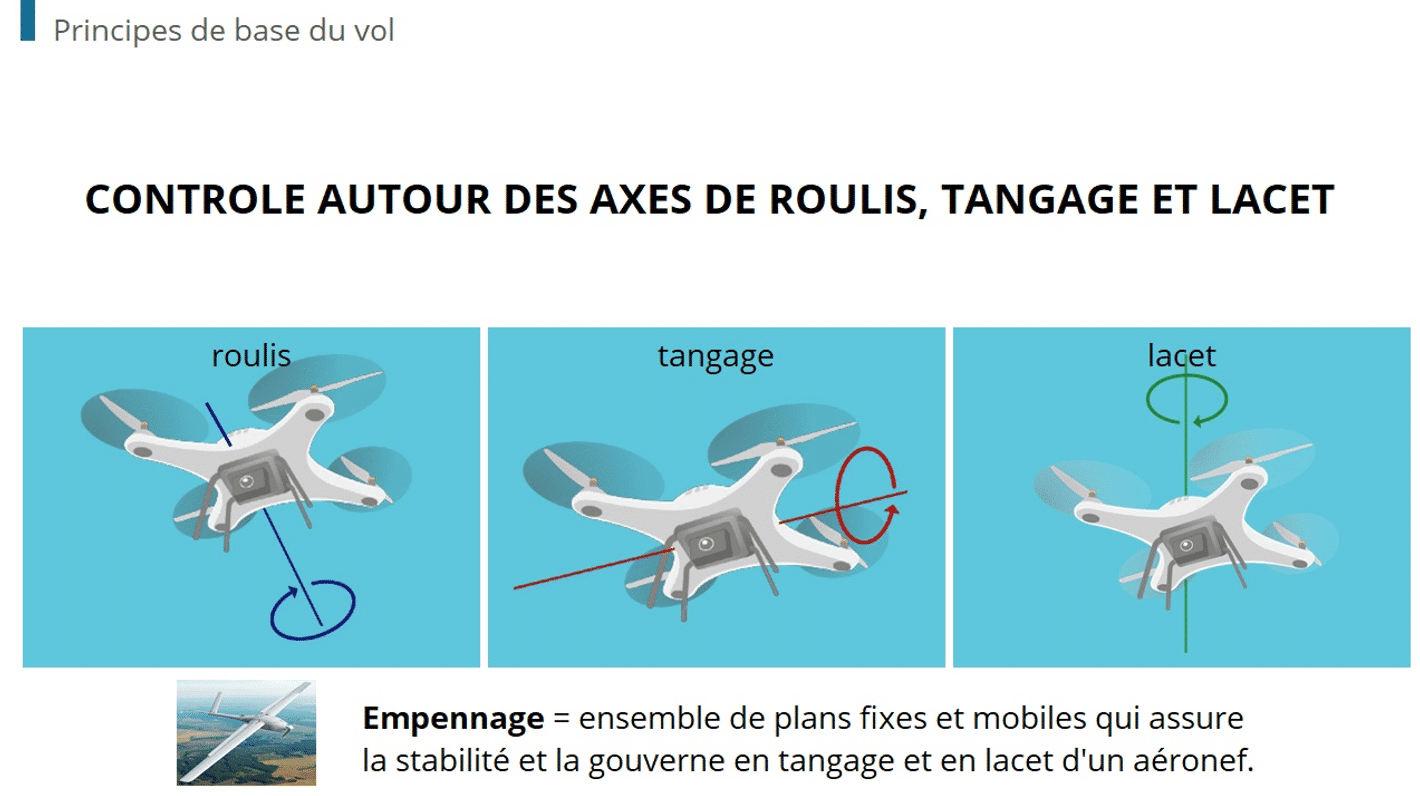Complete and up-to-date e-learning and LMS (Learning Management System) glossary.
1. Remote training, e-training
Training based on e-learning makes courses available online via a virtual platform. Learning, interactivity and exchanges with trainers are encouraged thanks to access to multiple resources and services like quizzes, videos, multimedia presentations, etc. Courses are available on PC, tablet or smartphone. Dokeos lets users create training online.
2. Learning Management System (LMS)
LMSs facilitate the management of training programmes while allowing trainers to organise custom learning trajectories, evaluate students’ progress at every stage and generate trustworthy statistics with reporting tools. Dokeos is a Learning Management System.
3. E-learning solution
Is a complete online learning system with integrated tools, facilitating the creation of enhanced learning trajectories using varied digital resources. Dokeos is an e-learning solution.
4. Cloud e-learning
Also called cloud-based eLearning, learning management systems hosted in the cloud provide access and store all LMS resources online, without being a burden on individual computers. Cloud e-learning is quick to set up, easy to manage and above all economical, as it does not require local data storage on individual computers. Dokeos is a cloud e-learning system.
5. Open source e-learning
Open source e-learning systems provide free access to source codes. Learning is enhanced through interconnecting various modules on a single platform. Courses can be designed in several parts; course content shared. Dokeos is an open source e-learning solution.
6. E-learning tools
Virtual tools aid in any type of learning: visual, audio, practical, fun, reasoning or logic games, etc. They help to create tailored learning trajectories, digital classrooms, MCQs and other evaluation methods, and facilitate the integration of new content. Dokeos provides access to many e-learning tools.
7. Webinars, courses and online conferences
Good teachers know how to capture their students’ attention. Webinars, or online seminars, are one possibility for users to meet on the web like they would at conferences or in regular courses. Video conference systems give access to a live split screen. This is the case for Dokeos LIVE, for instance.
8. E-commerce solution for e-learning
An e-commerce solution dedicated to e-learning lets course creators use e-learning to distribute their trainings. This way, e-learning professionals can create their own platform and distribute their courses for free or for a fee. The Dokeos shop is Dokeos’s e-commerce solution for e-learning.
9. Serious games
Serious games are software packages linking the rigour of pedagogical concepts with the lightness of games. Learning while having fun ensures better concentration and faster results. Games centre around immersive scenarios while evaluating students’ soft or social skills. Dokeos GAME is a serious games platform.
10. Quizzes and online evaluations
LMSs allow students to take written exams and knowledge tests online. In the case of a quiz, corrections are made automatically and results provided immediately. These can be analysed in detail with integrated reporting tools. LMSs with an integrated diploma editor can issue personal certificates. This is the case for Dokeos EVALUATION.

